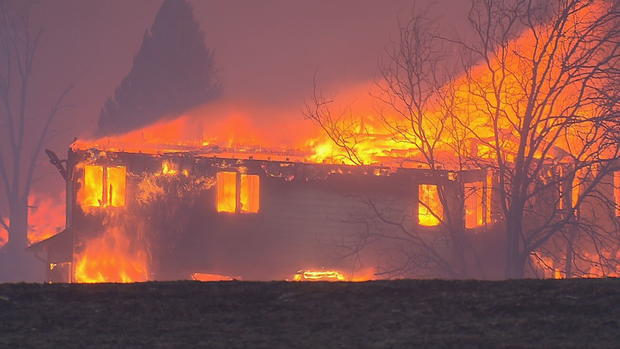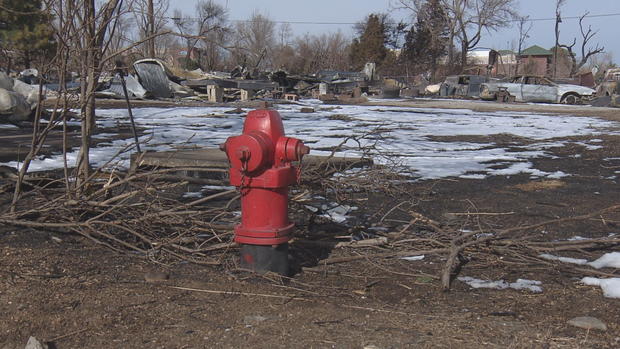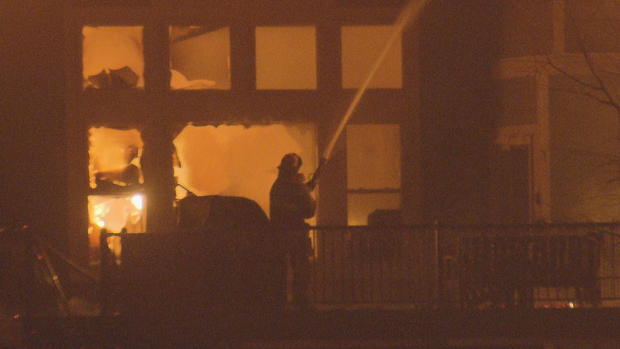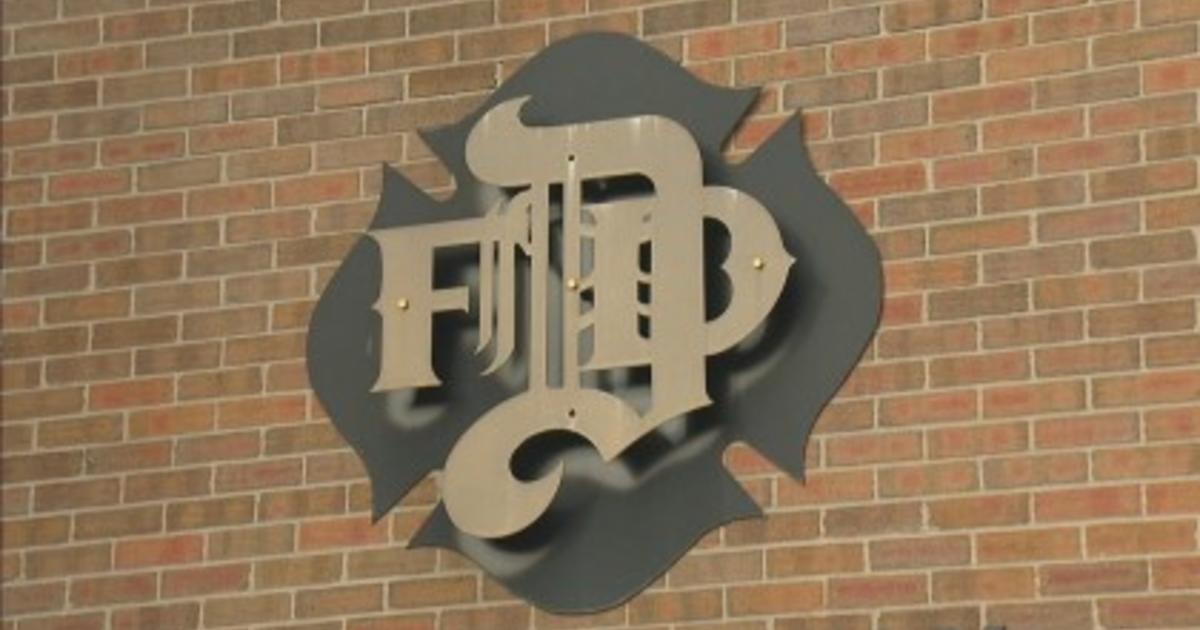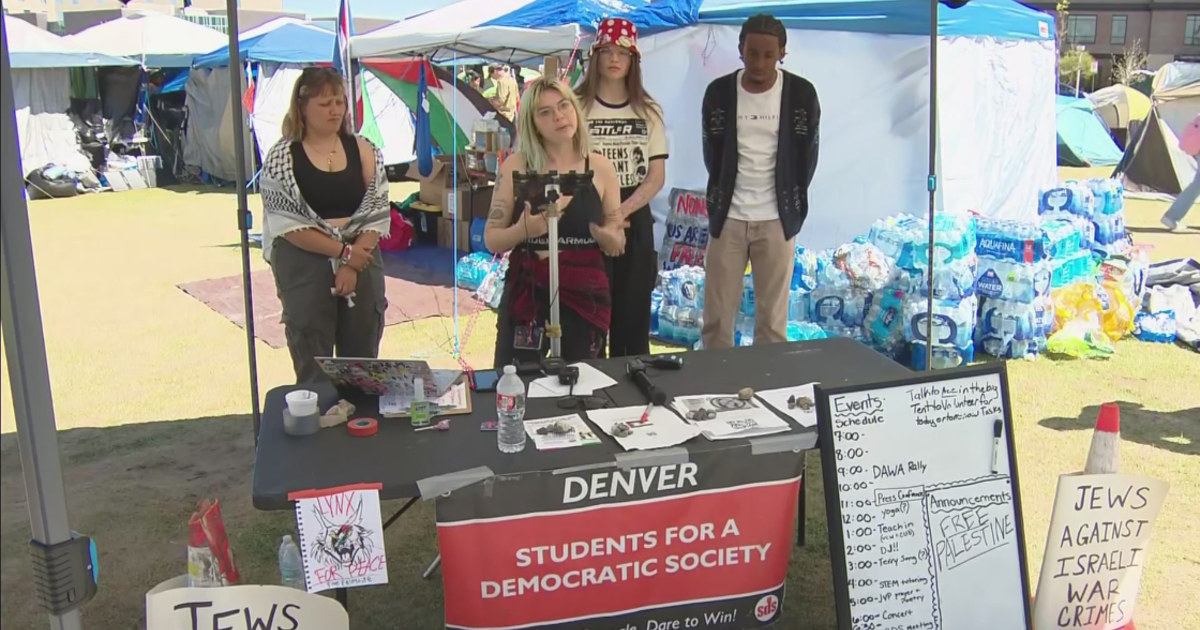'Dead Hydrants' Hampered Firefighters At Marshall Fire
BOULDER COUNTY, Colo. (CBS4) - At the height of the Marshall fire, some fire crews on the front lines, trying to get water on to burning houses, ran into a nightmarish scenario; fire hydrants with no water pressure and no water brought about by a series of sudden events.
"We found hydrants, dead hydrants, with no water capability whatsoever," said Denver Fire Captain Greg Pixley.
He said DFD sent multiple crews to assist with the fire. While some of those crews found moderate or adequate water pressure at hydrants, Pixley said some had to go from hydrant to hydrant to find one with water pressure or had to rely on water being "tendered" in.
"So time is of the essence any time a firefighter arrives on the scene of a working fire," said Pixley.
CBS4 has learned for a four hour stretch, from 4 p.m. to 8 p.m. on Thursday night, power was knocked out to the Town of Superior's water treatment and pumping plant. That disabled the speedy transfer of water to hydrants.
Additionally, a backup generator that could have powered the water plant was burned in the fire and was inoperable so there was no auxiliary power available. On top of that, Superior's public works manager says sprinkler fire suppression systems in some major commercial businesses had been activated and were a massive drain on the water system as were dozens of fire crews trying to get water out of hydrants.
Public Works and Utilities Director Alex Ariniello says it was a dire situation.
"So everything was depleting our water supply," said Ariniello. "Our tanks dropped down to barely anything in the tanks."
Superior has three massive water tanks that would send water to the hydrants. Two of them hold about 1.5 million gallons. Ariniello said those tanks were down to about 100,000 to 200,000 gallons at one point.
The tanks usually are filled with 26 to 30 feet of water. Ariniello said at one point those tanks only had about a foot of water left in them.
"It was very scary," said Ariniello. "Power was out. Generator was out. We didn't have enough water pressure for water to come out. At some locations around town there wasn't enough pressure to provide water from the hydrants."
At one point, the neighboring city of Louisville began sending water to Superior, said Ariniello, but he said after a couple of hours Louisville was "overwhelmed" and could no longer send water to Superior.
Would full water service have made a difference in the firefighting effort?
"That's a really tough question," said Ariniello. "We might have saved a couple more houses but I'm speculating on that."
Pixley doesn't think more water would have mattered.
"No matter how much water, it would have been difficult to stop any of the damage that those 100 mph winds were creating," he said.
By 8 p.m., power to the water plant was restored. Now, Ariniello said Superior will move to replace the backup generator for the water plant and ensure it's in a place that will be protected from future fires. He also says the town will do a "comprehensive review" on what happened to its water system during the Marshall Fire.
